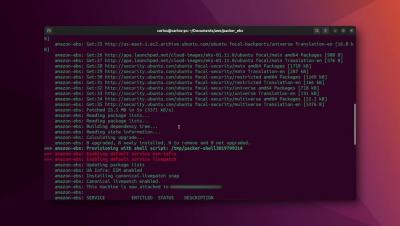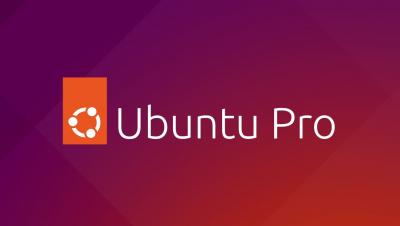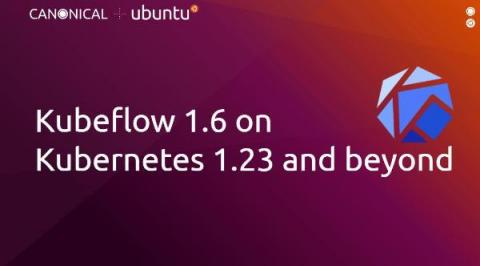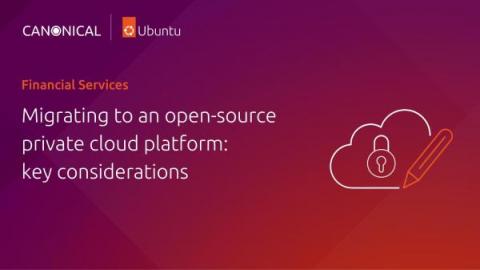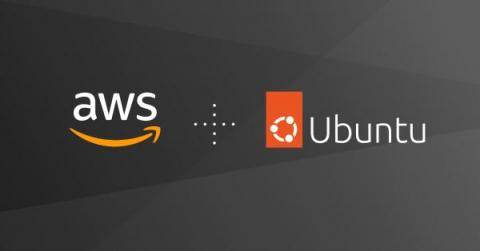Operations | Monitoring | ITSM | DevOps | Cloud
Linux
Canonical launches Ubuntu Pro beta
Canonical launches free personal Ubuntu Pro subscriptions for up to five machines
Ubuntu Pro, the expanded security maintenance and compliance subscription, is now offered in public beta for data centres and workstations. Canonical will provide a free tier for personal and small-scale commercial use in line with the company’s community commitment and mission to make open source more easily consumable by everyone.
Kubeflow 1.6 on Kubernetes 1.23 and beyond
Kubeflow is an open-source MLOps platform that runs on top of Kubernetes. Kubeflow 1.6 was released September 7 2022 with Canonical’s official distribution, Charmed Kubeflow, following shortly after. It came with support for Kubernetes 1.22. However, the MLOps landscape evolves quickly and so does Charmed Kubeflow. As of today, Canonical supports the deployment of Charmed Kubeflow 1.6 on Charmed Kubernetes 1.23 and 1.24.
IoT project lifecycle - long-term support for IoT devices [Part III]
How long will you support your device? Long-term support for IoT is a simple but difficult question for many device manufacturers. If you are developing a smart home device, a mobile robot for hospitality, or the next iron man jetpack, you need to consider how long you will support the device on the market. This will have implications on your operational expenses, team resources and customer satisfaction. Simply put, the longer you support your device, the happier your user will be.
Migrating to an open-source private cloud platform: key considerations
Private clouds combine the many benefits of cloud computing, like elasticity, scalability and agility, with the security, access control and resource customisation of on-prem infrastructure. Private clouds allow financial institutions to have greater control over hardware and software choices. They make it easier to enforce compliance with regulatory standards.
How to Enable Confidential Computing with Ubuntu and Google Cloud
Ubuntu Arrives on Amazon WorkSpaces: The First Fully Managed Ubuntu VDI on a Public Cloud
29th September 2022 – Canonical is proud to announce the availability of Ubuntu WorkSpaces on AWS, a fully managed virtual desktop infrastructure (VDI) on the public cloud and the first third-party Linux OS available on the platform. Ubuntu Desktop’s availability on Amazon WorkSpaces was announced today at the AWS End User Computing Innovation Day in Seattle, WA.
The benefits of running Microsoft SQL Server on Ubuntu Pro
Since November 2021, Canonical and Microsoft have been offering a jointly supported Microsoft SQL Server on Ubuntu Pro solution. With this offering, you can set up an optimised configuration of SQL Server on Ubuntu in a few steps. As database professionals, we should ensure the highest possible standards for database security and availability. In this blog, we will detail how the combination of SQL Server and Ubuntu Pro can help you achieve those goals.
IoT project lifecycle: App-centric software development [Part II]
The traditional embedded Linux development model ties applications to the OS. Such a constraint means apps have to target a specific release, which lowers development velocity. Furthermore, broken upgrades in one part of the device may affect refreshes in the rest of the OS. On the other hand, embedded developers are increasingly looking at open-source software to enable rapid app-centric software deployment and global collaboration.


